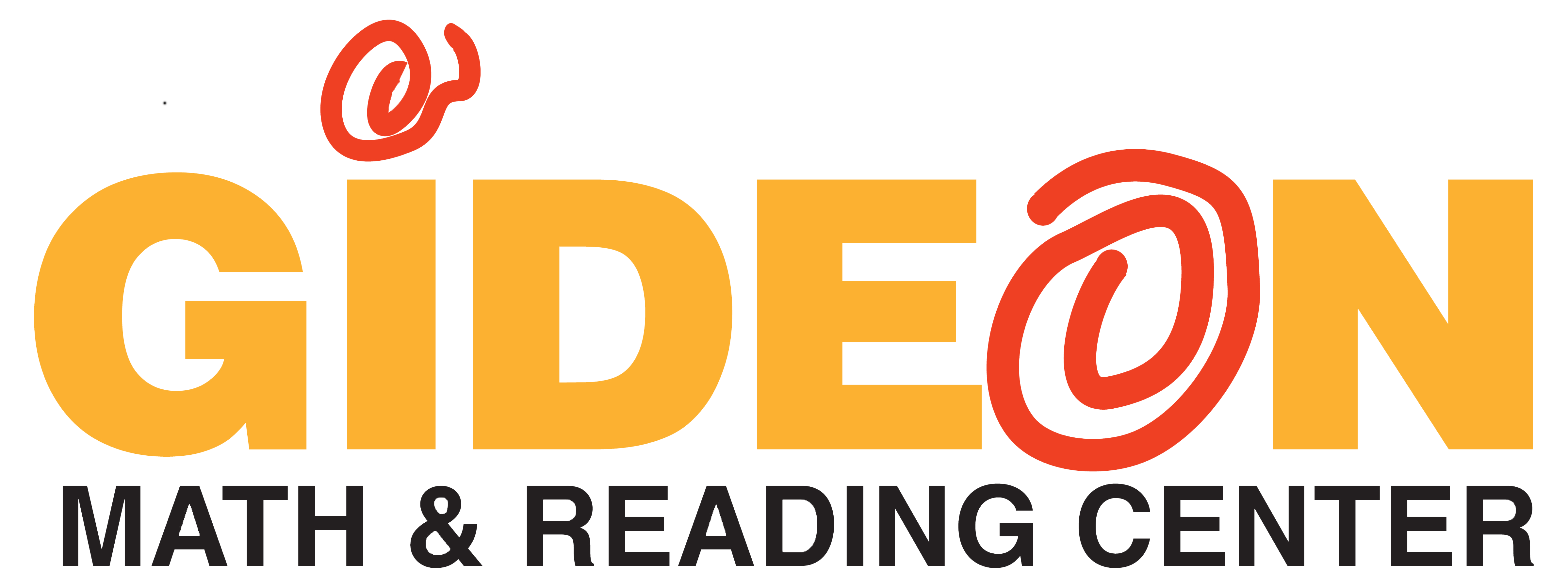A great article from specialeducationadvisor.com by Dr. Gary G. Brannigan and Dr. Howard Margolis highlights ways to build a struggling reader’s vocabulary.
If struggling readers do not have strong knowledge of the vocabulary they hear in class and see when reading, they cannot become good readers.
1) Ask Struggling Readers to Go Beyond Dictionary Definitions of Words: If the word’s important, help your child or student discuss its meaning, its parts (e.g., prefix), and its use. If possible, use lots of pictures, diagrams, and skits. If the word is grimace, start grimacing; ask your child or student to start.
2) Give Struggling Readers Repeated Exposure to Important Words: Provide your child or student with repeated exposure to important words, words you think he needs to learn, remember, and use. Make sure he sees the words in a variety of reading materials and often hears them at home or in class. When he writes, encourage him to use these words.
3) Help Struggling Readers Relate Their New Word to What They Already Know: Ask your child or student how his new word resembles or differs from words he knows. Ask him to associate his new word with what he thinks it relates to, such as “asteroid” reminds him of space. Ask him to use his new word to explain what he already knows.
Want more details on each tip? Read the full article!
This full column was originally published by Gary G. Brannigan, Ph.D. & Howard Margolis, Ed.D. in www.reading2008.com/blog . They also coauthored Reading Disabilities: Beating The Odds, a book to help parents identify reading difficulties, understand special education laws, work with schools, and, if necessary, challenge them to get their children needed services. It was listed as one of the three best books about education in 2010 by Psychology Today, and is available at www.amazon.com & www.reading2008.com . Also look for their forthcoming book, Simple Ways To Maximize Your Child’s Potential.
